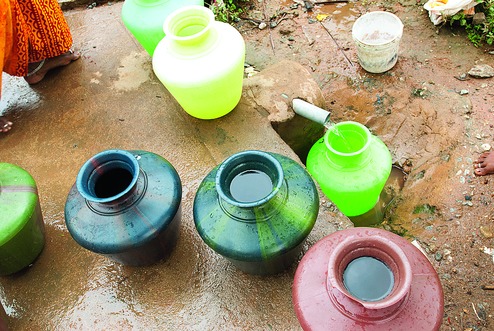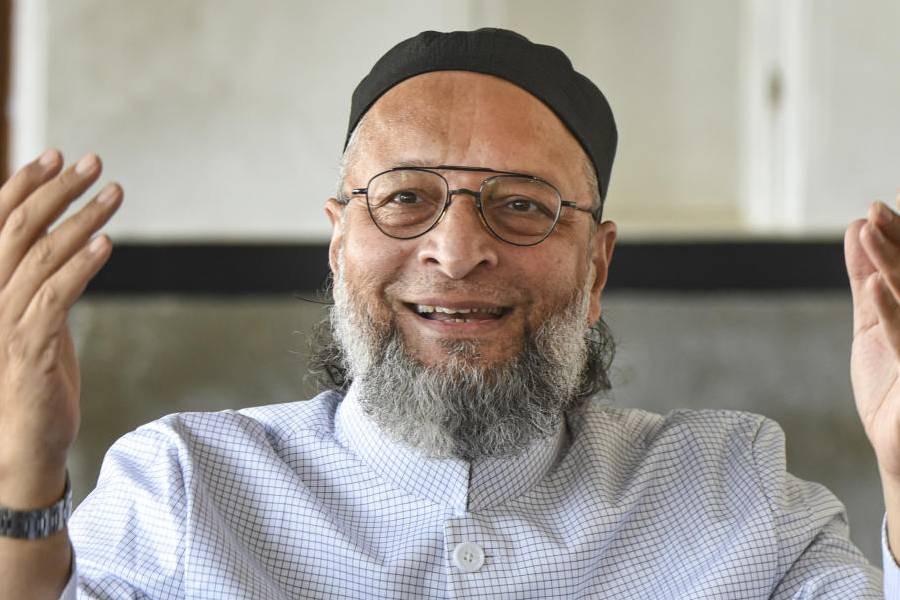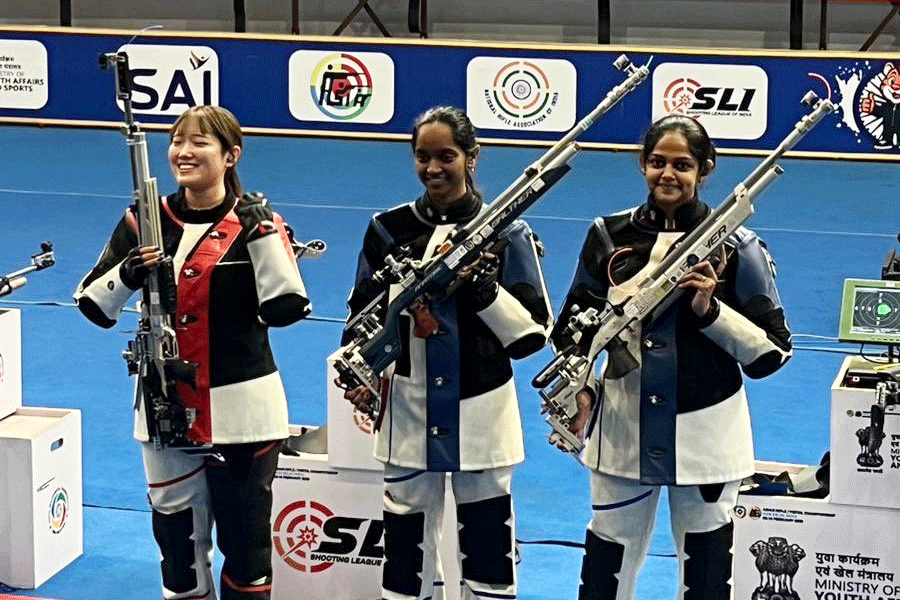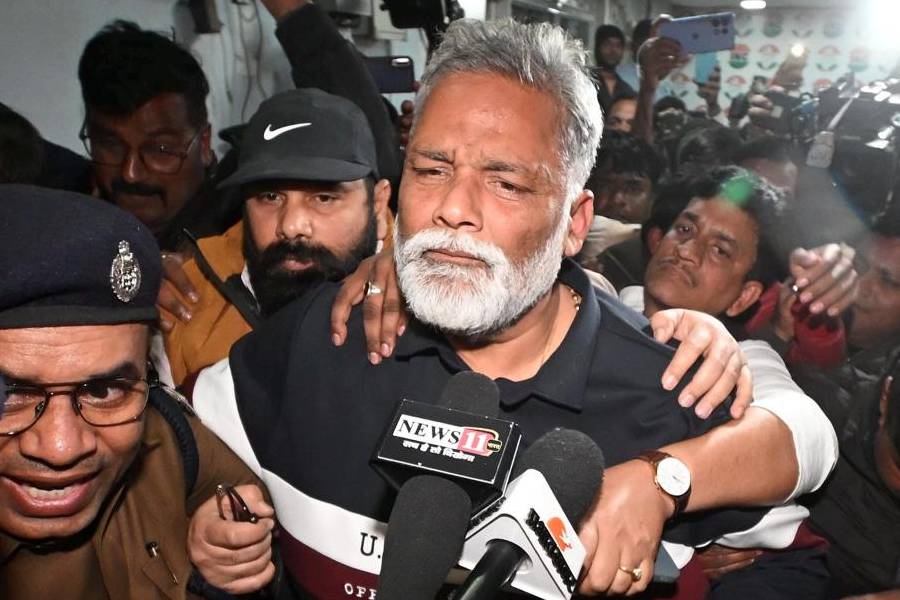
All that K.M. Manjunath does to locate water hundreds of feet under the ground is balance a semi-filled plastic bottle on his palm and walk around. "When I approach a point underneath which water is present, the bottle starts shaking. When I come near the point where the borewell is to be dug, the bottle shakes even more violently and jumps out of my hand," he says.
K. Venkatesh does something similar, except he uses a coconut instead of a water bottle. "The coconut starts spinning like a top if the flow of the water underground is very strong," he claims.
These men are among Bangalore's most sought after water diviners - estimated to be around 40. They claim to use their "inbuilt water radar" to detect a source of water. The only thing differentiating one from the other is the instrument of divination - anything from water bottles or coconuts to neem sticks, copper rods, pendulums and even gold chains.
Bangalore may be India's hi-tech capital, but crippling summers, depleting water reserves - including the shrivelled Cauvery - and consequent desperation have made citizens turn to faith rather than science for solutions.
V. Narayana Reddy is owner of Vijayalakshmi Borewells, which drills around 400 wells in the city every year. He concedes - not very happily though - the popularity of the water diviners. "Don't ask me why people believe in them when there are so many qualified geologists in our city," he says.
Long sufferers such as Malathi Iyengar of South Bangalore's J.P. Nagar will tell you why. "We tried a geologist first, but we failed to get water and wasted around Rs 2 lakh. But a diviner got a great water point. It may be astrology, but it worked for us," says Iyengar, who lives in a 35-flat residential complex.

Both Manjunath and Venkatesh claim to have successfully pointed out more than 1,500 borewell points each, in and around the city. Manjunath claims a success rate of 99.5 per cent. Venkatesh is a shade modest and settles for 95 per cent. Manjunath blames human error - others', not his - for the 0.5 per cent failure. "I can't say how deep people have to dig to find water. Some dig up to 1,200 or 1,500 feet and then give up. Water could be further down."
Water diviners charge anything between Rs 2,000 and Rs 10,000 - the same as geologists - depending on the plot area and the number of "water points" that have to be identified. But going by what people say, unlike geologists they never run short of hope.
"I do extensive research, tap all sources of information for the area and then tell the people who want to dig a borewell about the chances of getting water. That is the scientific way of looking at things. I agree that even we get it wrong sometimes, but at least we are honest," says Anil Abbi, a Bangalore-based geologist who advises people on water prospects.
Bangalore-based Indian Space Research Organisation (Isro) in association with the Union ministry of water resources has come up with the Bhuvan Bhujal project that maps all parts of India on groundwater prospects by combining information from satellite data, hydrogeological surveys and expert analysis.
Abbi says he uses Isro information to assess groundwater prospects. So does another geologist, Bhaskar Hegde. But the stranglehold of water diviners is very tight. "Desperate people resort to desperate measures. If I tell the owner of a piece of land that there are no prospects of water there, I am sure he will approach a diviner. But it doesn't mean that I have to give up my scientific method," he says.
Some others, however, have decided to make the best of both methods. "I combine science and divinity," says B.M. Bhustalimath, a retired bank manager who too does some "water pointing". He employs 13 different methods to discover underground water. "I use the techniques diviners employ and also scientific methods like compasses, satellite images and the geology and biology of the area." He tells you ants build anthills over underground water sources.
Bangalore has lakhs of borewells and more are being dug each day. "We are sucking the city dry. I earn loads digging borewells but I don't feel good about the future," Reddy says.
Abbi agrees: "Water levels have dropped dramatically in the last two decades. In the '80s we could dig a few hundred feet and there was water. Not now. These days we dig for about 1,500-2,000 feet and still can't find water. The scenario is scary."
Diviner Manjunath doesn't think so - the "god given" garuda rekha (indicative of an ability to sniff things from a distance) and the jala rekha (water luck) on his right palm make him well qualified to comment. He assures there is enough underground water for generations to come and Bangalore will never run out of water. And Manjunath won't run out of clients, for there will be water to "divine".











